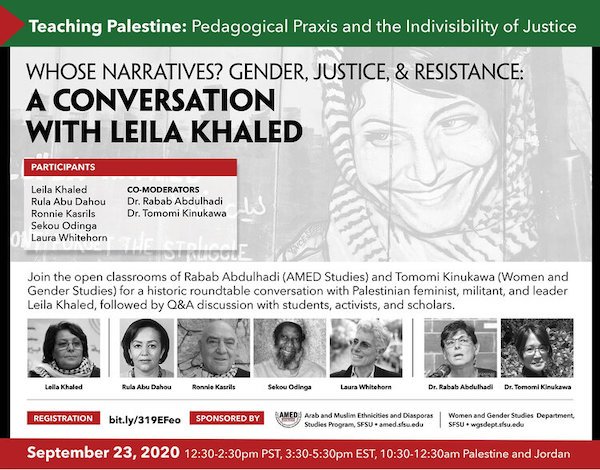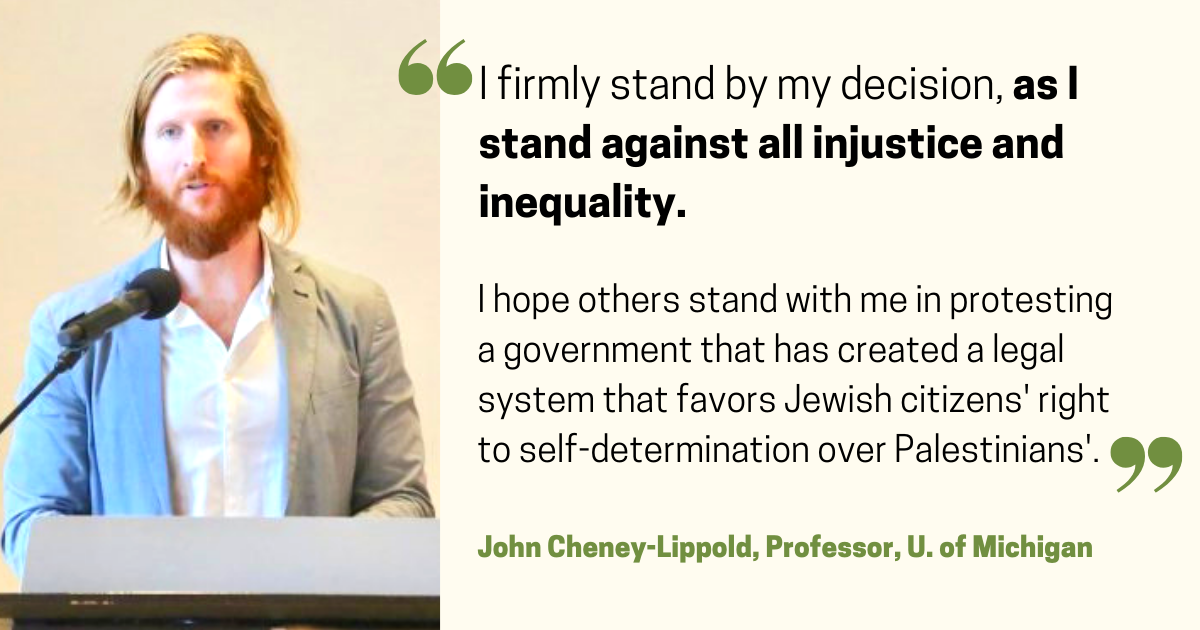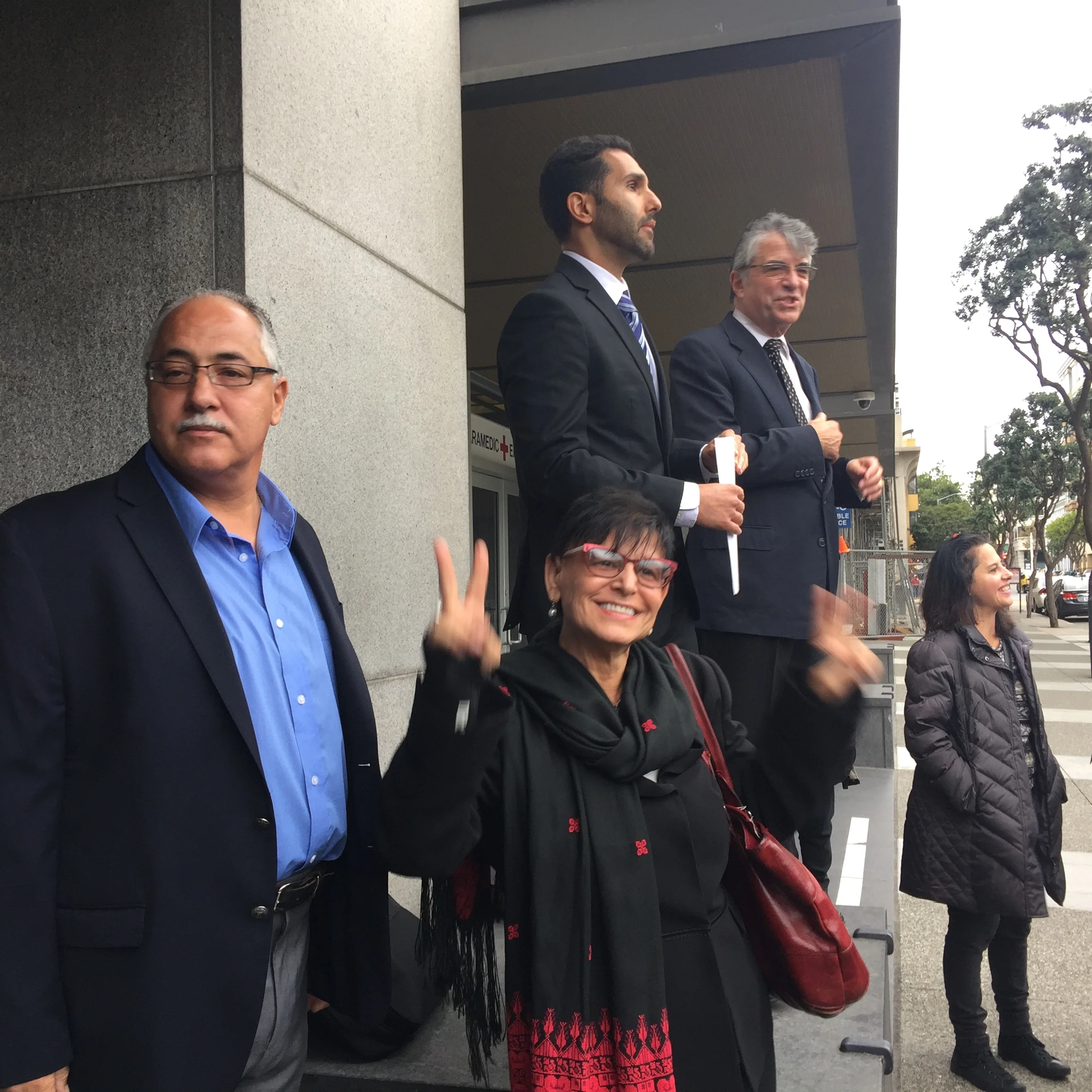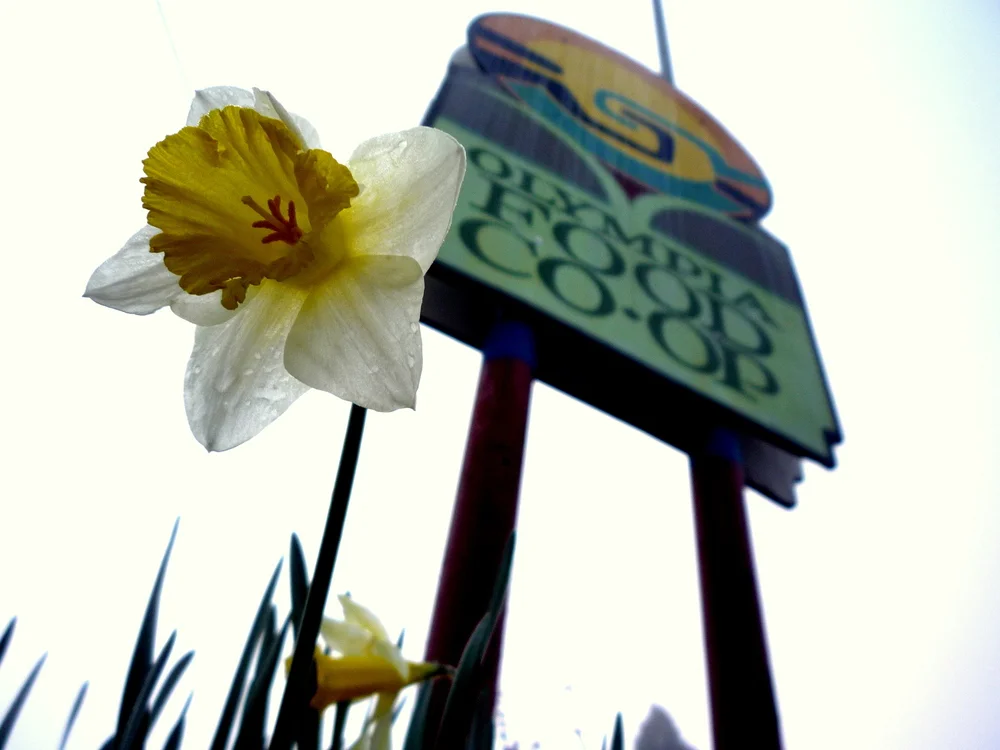UIC Excludes Palestinian Students from Israel Study Abroad Session
/Palestine Legal filed a complaint with the U.S. Department of Education Office for Civil Rights demanding an investigation in the University of Illinois Chicago (UIC), after the university intentionally barred Palestinian students from a January 2023 informational session on study abroad in Israel.
Read More





















